
16,95 €
Sofort per Download lieferbar
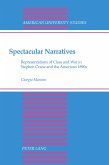
Gebundenes Buch
Representation of Class and War in Stephen Crane and the American 1890s
Neuausg.
1. Februar 1993
Peter Lang
61875
Ähnliche Artikel

7,99 €
Sofort per Download lieferbar

15,95 €
Sofort per Download lieferbar

8,95 €
Sofort per Download lieferbar

11,95 €
Sofort per Download lieferbar

12,85 €
inkl. MwSt. und vom Verlag festgesetzt.
Sofort per Download lieferbar
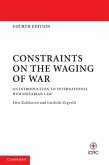
22,95 €
Sofort per Download lieferbar
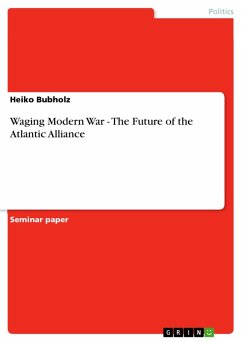
15,99 €
inkl. MwSt. und vom Verlag festgesetzt.
Sofort per Download lieferbar
eBook, ePUB
19. Juli 2002
GRIN Verlag

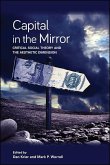
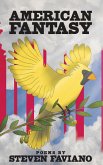
5,49 €
inkl. MwSt. und vom Verlag festgesetzt.
Sofort per Download lieferbar
Ähnlichkeitssuche: Fact®Finder von OMIKRON
